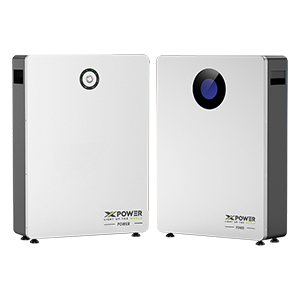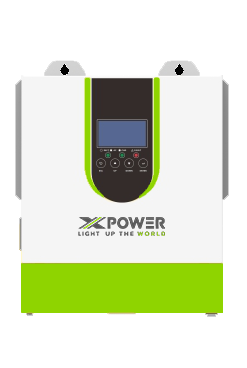Harnessing the Sun: Diverse Applications of Photovoltaic Systems
Time of Release : 2024-05-13
In the ever-expanding landscape of renewable energy, photovoltaic (PV) systems stand out as versatile solutions with applications spanning residential, commercial, and humanitarian domains. From revolutionizing home energy consumption to catalyzing sustainable practices in businesses, and even reaching remote communities with limited access to electricity, PV systems have emerged as a dynamic force driving change across various sectors.

Illuminating Homes: The Rooftop Revolution
The proliferation of rooftop PV systems has democratized energy production, enabling homeowners to harness solar power and reduce their reliance on traditional grid systems. Advancements such as solar shingles and integrated rooftop solutions have not only enhanced the efficiency of PV systems but also integrated seamlessly into architectural designs, transforming rooftops into power-generating assets. Beyond mere cost savings, homeowners embrace solar energy for its environmental benefits and the sense of energy autonomy it provides.
Empowering Enterprises: A Path to Sustainability and Prosperity
In the corporate realm, PV systems have emerged as catalysts for sustainable practices and economic viability. Businesses investing in commercial-scale PV installations not only lower their operational expenses but also position themselves as environmentally responsible entities, appealing to eco-conscious consumers and investors alike. By reducing reliance on conventional energy sources, enterprises mitigate risks associated with fluctuating energy prices, fostering long-term financial stability while contributing to a greener future.
Enabling Access: PV Systems as Lifelines for Underserved Communities
The transformative potential of PV systems extends beyond urban landscapes, reaching remote communities deprived of reliable electricity. Off-grid PV installations serve as lifelines for these underserved populations, powering essential facilities such as schools, clinics, and community centers. By bridging the energy gap, PV systems not only enhance quality of life but also stimulate socio-economic development, unlocking opportunities for education, healthcare, and entrepreneurship in remote areas.
Resilience and Adaptability: PV Systems in Disaster Management
PV systems play a crucial role in disaster preparedness and response, offering resilient energy solutions during emergencies. In regions prone to natural disasters, such as hurricanes or earthquakes, PV installations provide a reliable source of electricity when conventional infrastructure fails. Off-grid PV systems equipped with battery storage ensure uninterrupted power supply, enabling communication, medical assistance, and recovery efforts in times of crisis.

Integrating Renewable Energy Landscapes: PV Systems in Urban Planning
The integration of PV systems into urban planning strategies holds immense potential for sustainable development. From solar-powered streetlights to PV-equipped public buildings, cities worldwide are embracing solar energy as a key component of their infrastructure. Through strategic deployment and innovative design, PV systems not only reduce carbon emissions but also enhance urban resilience, creating vibrant and energy-efficient communities for generations to come.
In conclusion, the versatility of PV systems transcends mere electricity generation, permeating diverse sectors and contexts with tangible benefits. Whether it’s empowering individuals to take control of their energy consumption, enabling businesses to thrive sustainably, or uplifting marginalized communities through access to electricity, PV systems epitomize the transformative power of renewable energy in shaping a more inclusive and resilient future.





